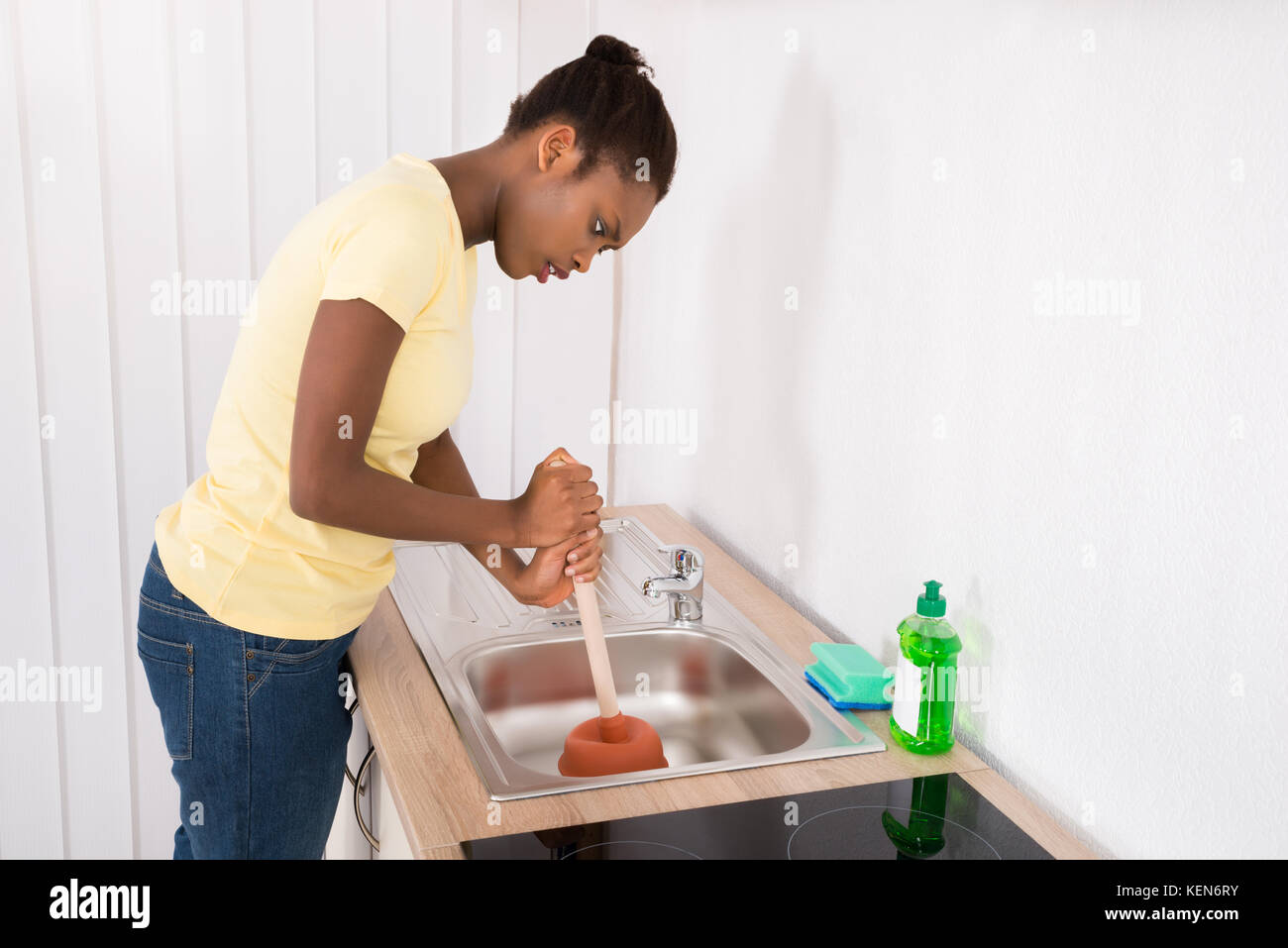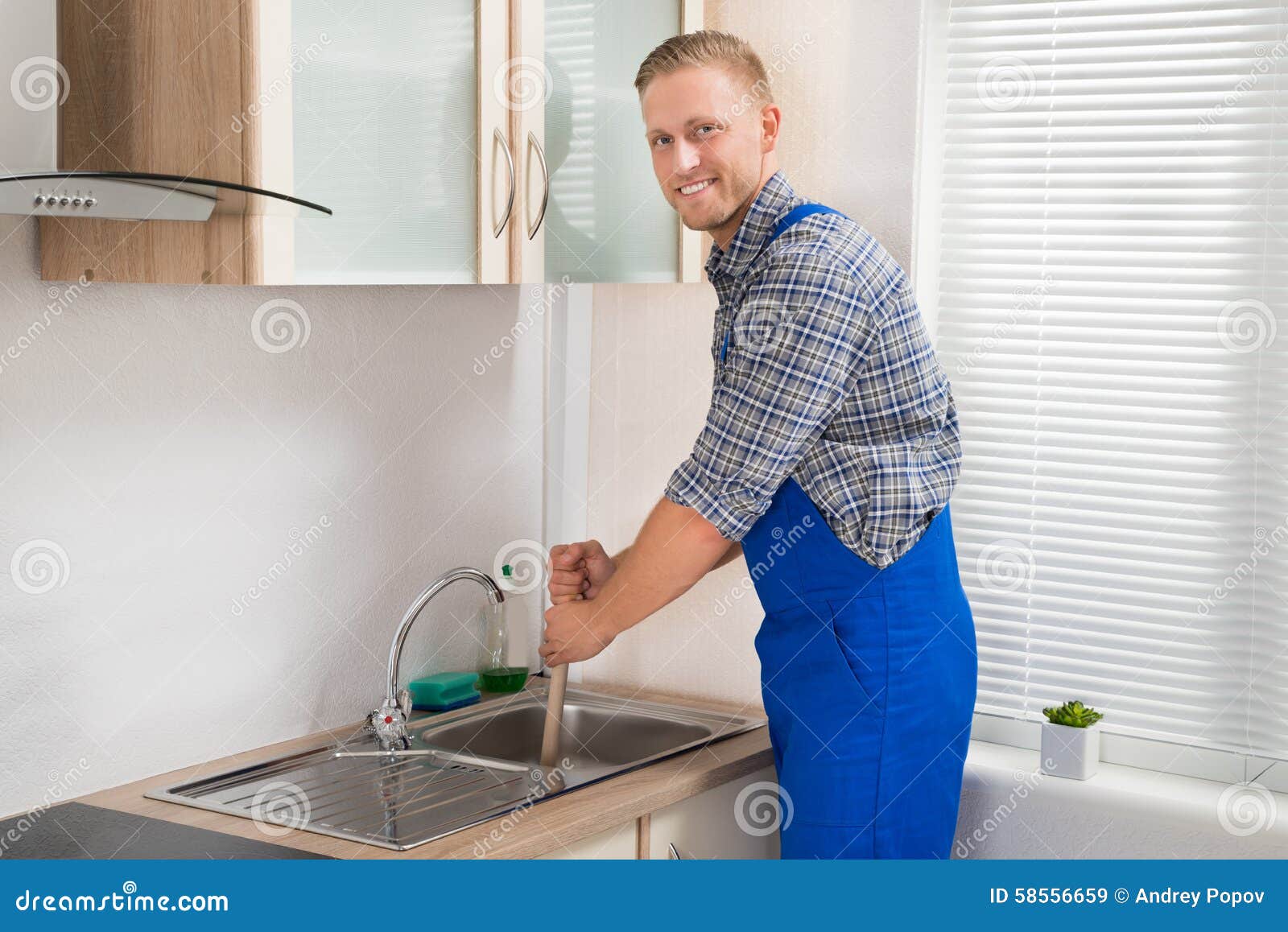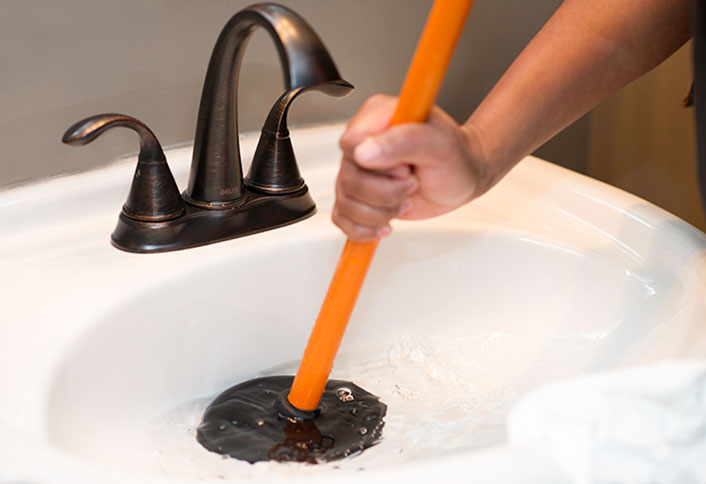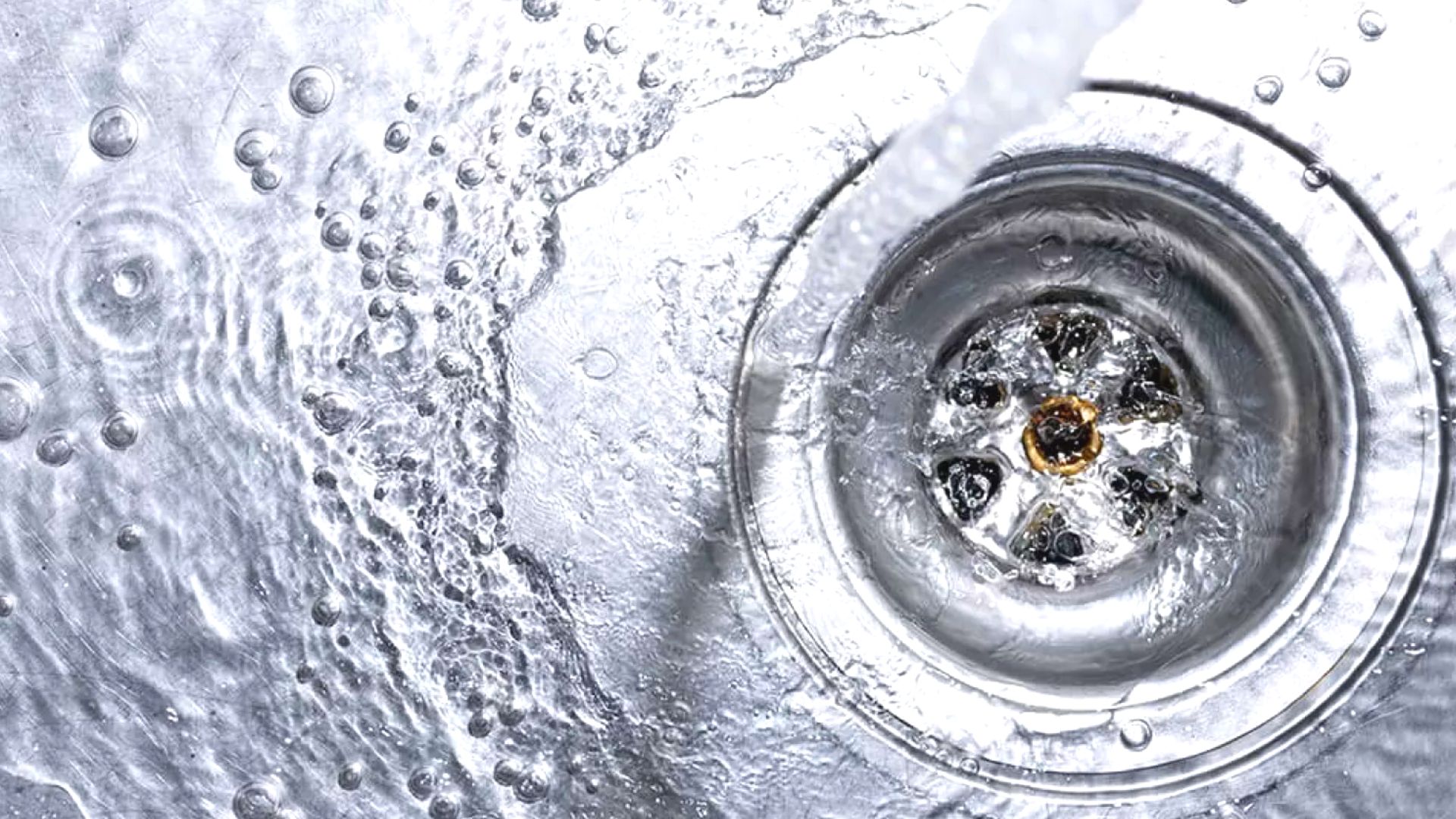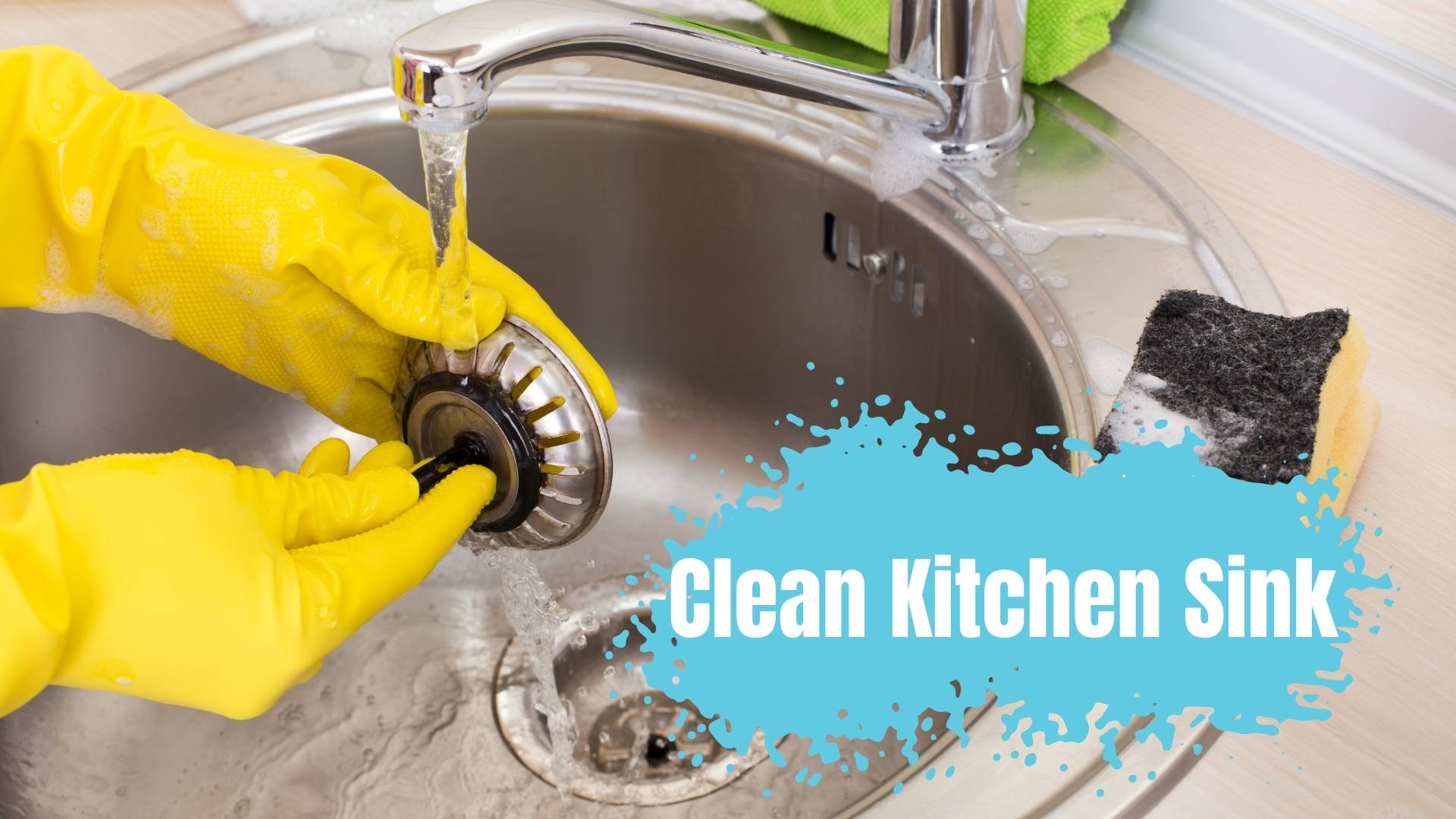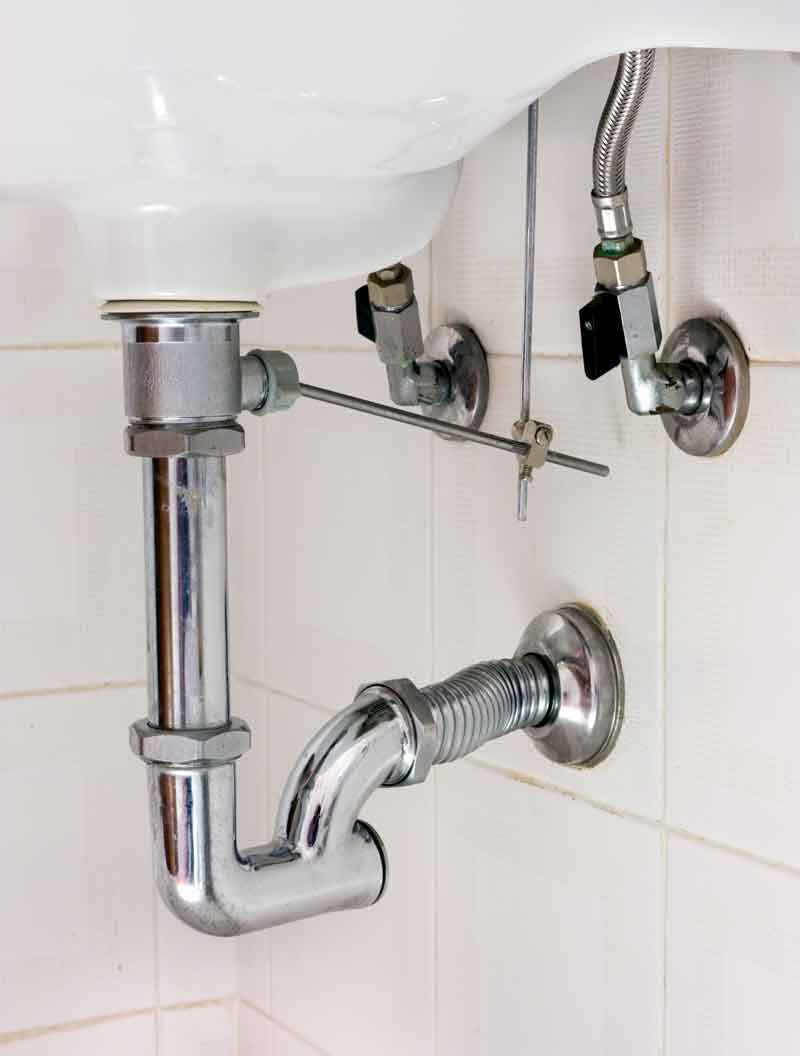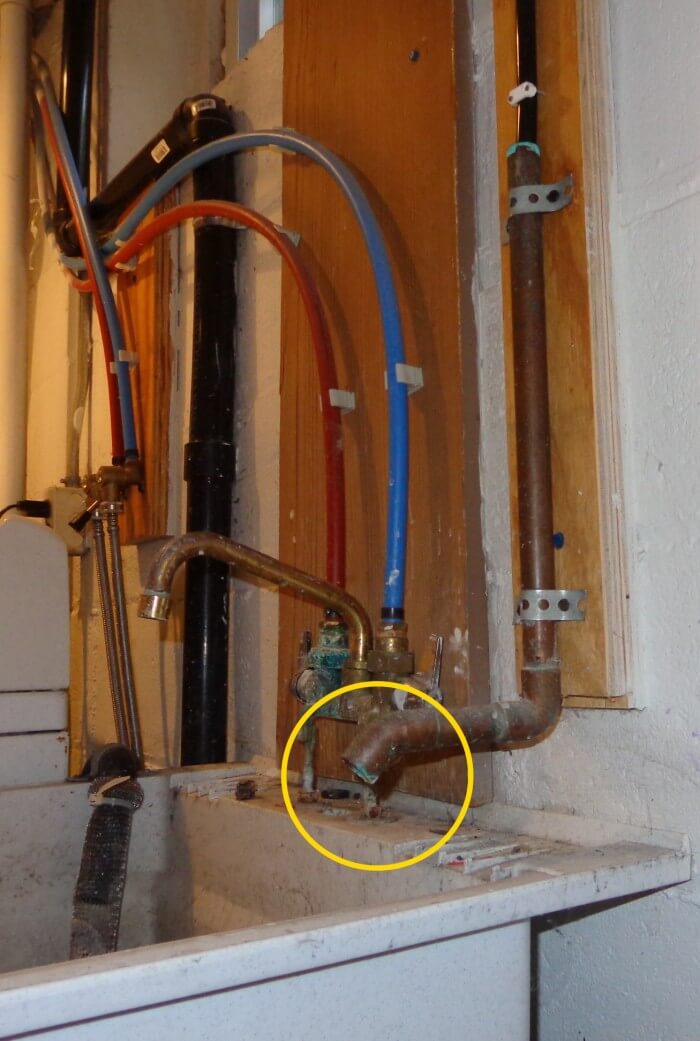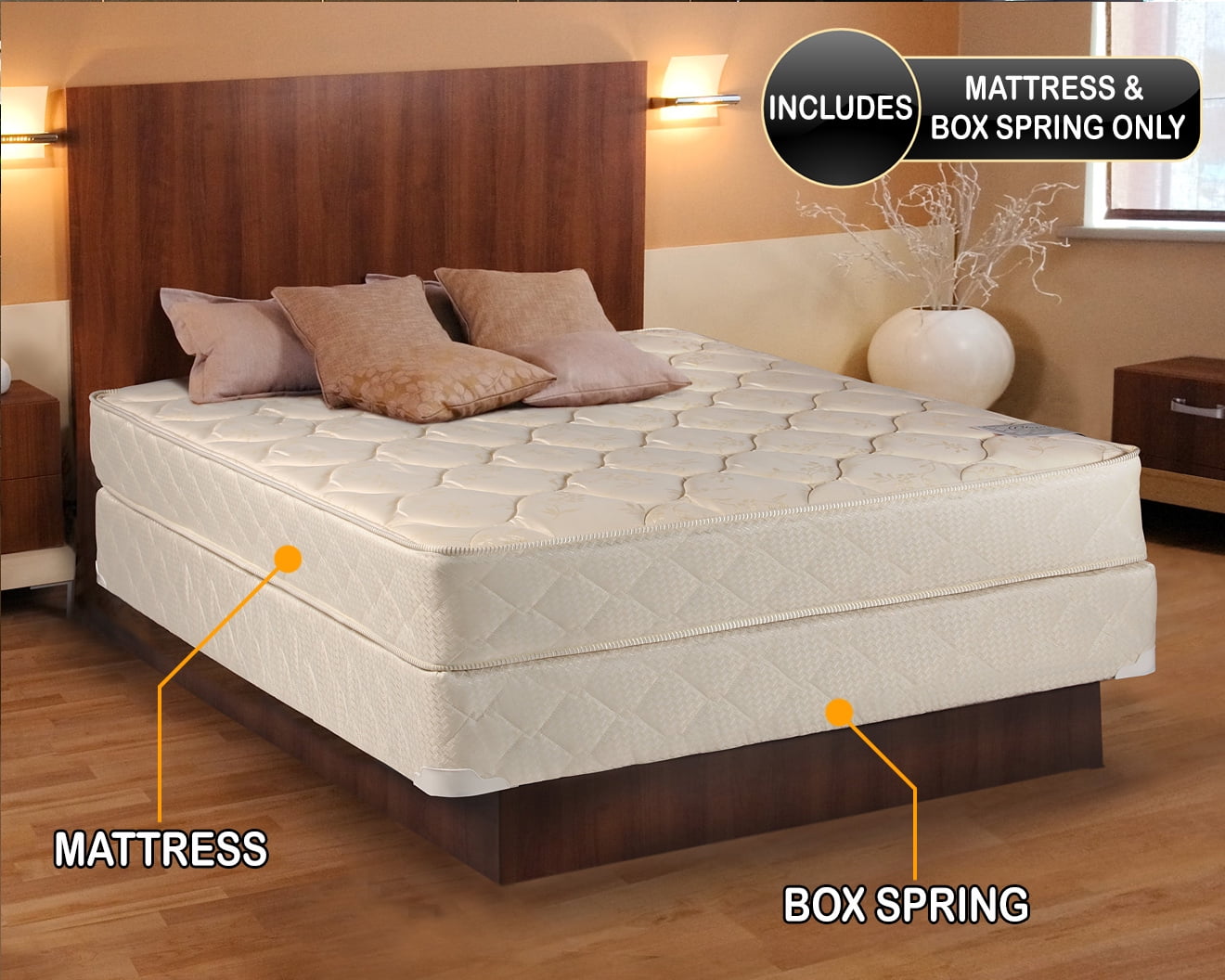Backflow of water in a kitchen sink can be a frustrating and messy problem to deal with. It occurs when water from the sink starts to flow back up the drain, causing standing water and potential damage to your kitchen. There are several common causes of backflow in kitchen sinks, including clogged drains, plumbing issues, and heavy rainfall. If you're experiencing this issue, it's important to understand the possible causes so you can take the necessary steps to fix and prevent it.Common Causes of Backflow in Kitchen Sinks
If you're dealing with backflow in your kitchen sink, the first step is to try and clear the blockage that is causing it. This can be done by using a plunger to create suction and remove any debris or buildup in the drain. Another method is to use a combination of baking soda and vinegar, which can help break down and dissolve any clogs. If these DIY methods don't work, it's best to call a professional plumber to assess and fix the issue.How to Fix a Backflow in Your Kitchen Sink
Prevention is always better than dealing with a backflow issue. One way to prevent it is by being mindful of what you put down your kitchen sink drain. Avoid pouring grease, oil, or food scraps down the drain, as they can build up and cause clogs. It's also essential to regularly clean your sink drain to prevent any buildup. Another way to prevent backflow is to install a backflow prevention device, which can help prevent any water from flowing back up the drain.Preventing Backflow in Your Kitchen Sink
It's important to pay attention to any signs of backflow in your kitchen sink, as it can indicate a more significant plumbing issue. Some common signs to look out for include slow draining, gurgling sounds coming from the drain, and foul odors coming from the sink. If you notice any of these signs, it's best to address the issue promptly to prevent any further damage.Signs of a Backflow Issue in Your Kitchen Sink
To properly prevent and fix backflow in your kitchen sink, it's essential to understand the plumbing system in your kitchen. Most kitchen sinks have a trap, which is a curved pipe that holds water to prevent sewer gases from entering your home. The trap also helps catch debris and prevent it from flowing further down the drain. It's vital to regularly clean and maintain the trap to prevent any clogs or backflow issues.Understanding the Plumbing System in Your Kitchen Sink
Clogged drains are a common cause of backflow in kitchen sinks. To clear a clogged drain, you can use a plunger, as mentioned earlier, or a drain snake. A drain snake is a long, flexible tool that can be inserted into the drain to remove any debris or buildup. You can also try using a mixture of baking soda and vinegar to break down any clogs. If the clog persists, it's best to call a professional plumber for assistance.How to Clear a Clogged Kitchen Sink Drain
Regularly cleaning your kitchen sink drain is essential for maintaining proper drainage and preventing backflow. It's recommended to clean the drain at least once a month by pouring a mixture of hot water and vinegar down the drain. You can also use a drain brush to scrub away any buildup on the walls of the pipe. This simple maintenance task can prevent more significant issues in the future.The Importance of Regularly Cleaning Your Kitchen Sink Drain
As mentioned earlier, a plunger can be a handy tool in clearing a backflow in your kitchen sink. To use a plunger effectively, make sure the drain is filled with enough water to cover the rubber part of the plunger. Place the plunger over the drain and create a tight seal, then push and pull the plunger up and down to create suction. This action can help dislodge any clogs and restore proper drainage.Using a Plunger to Clear a Backflow in Your Kitchen Sink
While some backflow issues can be resolved with DIY methods, there are instances when it's best to call a professional plumber. If you've tried clearing the drain with a plunger or a mixture of baking soda and vinegar and the backflow persists, it's time to call in the experts. They can assess the issue and use professional tools and methods to fix it.When to Call a Professional for Backflow Issues in Your Kitchen Sink
One common cause of backflow in kitchen sinks is heavy rainfall. To prevent this, it's essential to make sure your gutters and downspouts are clear of any debris and draining properly. You can also install a backflow prevention device to prevent any water from entering your home through the sink drain. If you live in an area prone to heavy rainfall, it's a good idea to regularly check and maintain your plumbing system to prevent any backflow issues.How to Prevent Backflow in Your Kitchen Sink During Heavy Rainfall
The Causes of Backflow of Water in Kitchen Sink
Understanding the Issue
/close-up-of-overflowing-bathroom-sink-90201417-579787783df78ceb865822d8.jpg) One of the most common plumbing issues that homeowners face is the backflow of water in the kitchen sink. This occurs when water from the kitchen sink flows back into the pipes, causing a buildup of pressure and resulting in water being pushed back up through the drain. This is not only a frustrating problem to deal with, but it can also lead to potential health hazards and damage to your home. To better understand this issue, it is important to know the potential causes of backflow in the kitchen sink.
One of the most common plumbing issues that homeowners face is the backflow of water in the kitchen sink. This occurs when water from the kitchen sink flows back into the pipes, causing a buildup of pressure and resulting in water being pushed back up through the drain. This is not only a frustrating problem to deal with, but it can also lead to potential health hazards and damage to your home. To better understand this issue, it is important to know the potential causes of backflow in the kitchen sink.
Blocked or Clogged Pipes
 One of the most common causes of backflow in the kitchen sink is blocked or clogged pipes. Over time, debris such as food scraps, grease, and soap scum can build up in the pipes, causing a blockage that prevents water from flowing freely. This blockage can then lead to backflow as the water has nowhere else to go but back up through the drain.
Regular maintenance and cleaning of your kitchen sink and pipes can help prevent blockages and potential backflow issues. Additionally, using a sink strainer can help catch larger debris and prevent it from going down the drain.
One of the most common causes of backflow in the kitchen sink is blocked or clogged pipes. Over time, debris such as food scraps, grease, and soap scum can build up in the pipes, causing a blockage that prevents water from flowing freely. This blockage can then lead to backflow as the water has nowhere else to go but back up through the drain.
Regular maintenance and cleaning of your kitchen sink and pipes can help prevent blockages and potential backflow issues. Additionally, using a sink strainer can help catch larger debris and prevent it from going down the drain.
Improperly Installed or Faulty Plumbing
Sewer Line Problems
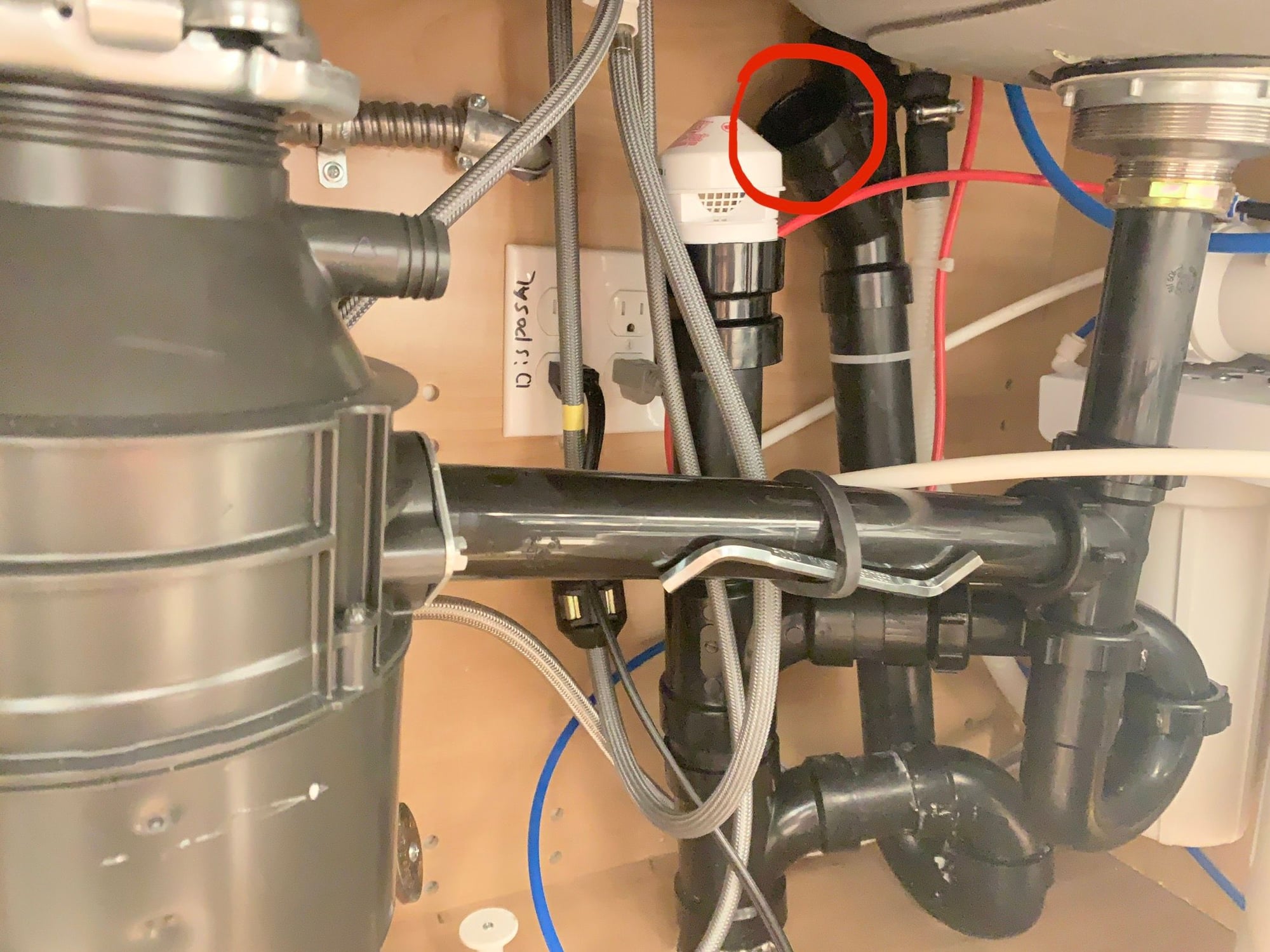 In some cases, the backflow of water in the kitchen sink can be a symptom of a larger issue with the sewer line. This can include tree root intrusion, collapsed pipes, or blockages in the main sewer line. When the sewer line is compromised, it can cause a disruption in the flow of water, leading to backflow in the kitchen sink.
If you suspect that your sewer line is the cause of the backflow in your kitchen sink, it is important to contact a professional plumber to properly diagnose and repair the issue.
In some cases, the backflow of water in the kitchen sink can be a symptom of a larger issue with the sewer line. This can include tree root intrusion, collapsed pipes, or blockages in the main sewer line. When the sewer line is compromised, it can cause a disruption in the flow of water, leading to backflow in the kitchen sink.
If you suspect that your sewer line is the cause of the backflow in your kitchen sink, it is important to contact a professional plumber to properly diagnose and repair the issue.
Final Thoughts
:max_bytes(150000):strip_icc()/water-overflowing-in-kitchen-sink-200553937-001-5797e6335f9b58461f5a6736.jpg) The backflow of water in the kitchen sink is a common issue that can have various causes. It is important to address this issue promptly to avoid potential health hazards and damage to your home. By understanding the potential causes and taking preventative measures, you can keep your kitchen sink functioning properly and avoid the frustration of dealing with backflow issues.
The backflow of water in the kitchen sink is a common issue that can have various causes. It is important to address this issue promptly to avoid potential health hazards and damage to your home. By understanding the potential causes and taking preventative measures, you can keep your kitchen sink functioning properly and avoid the frustration of dealing with backflow issues.
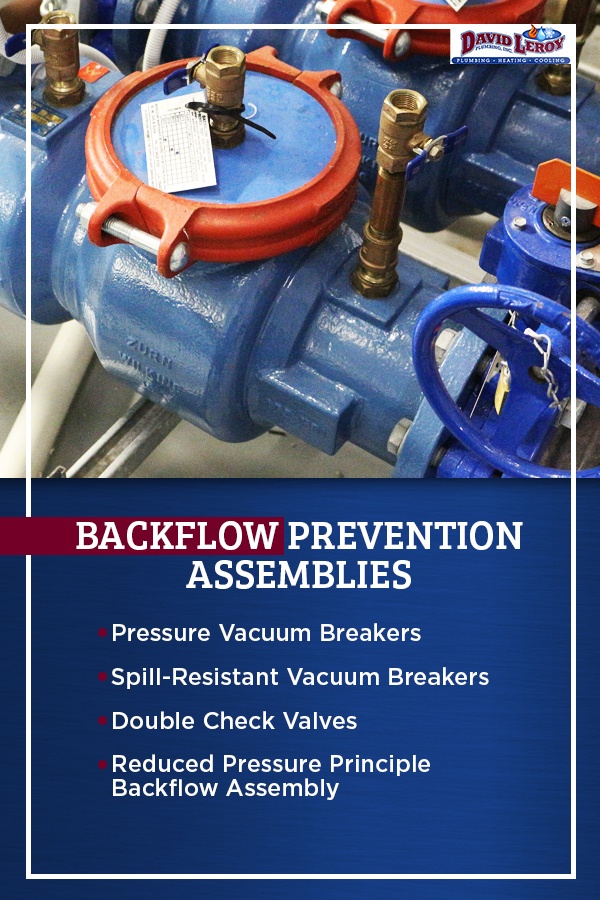
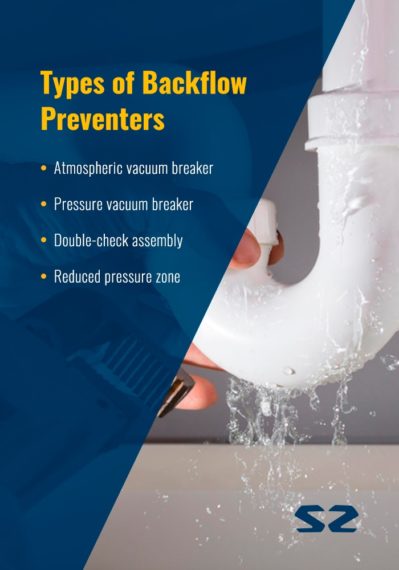



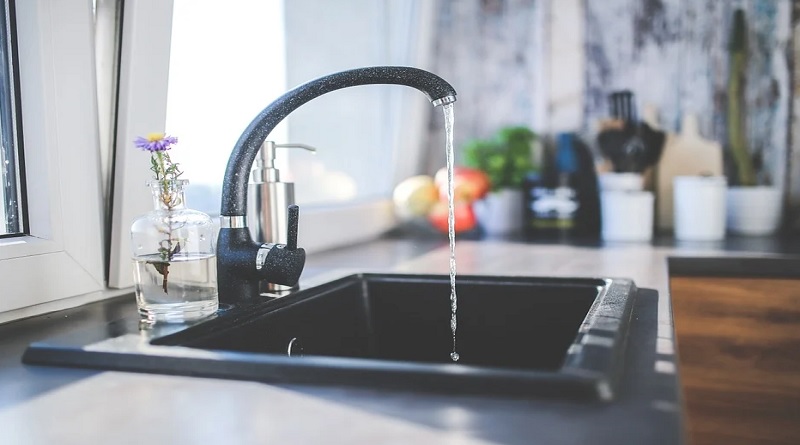
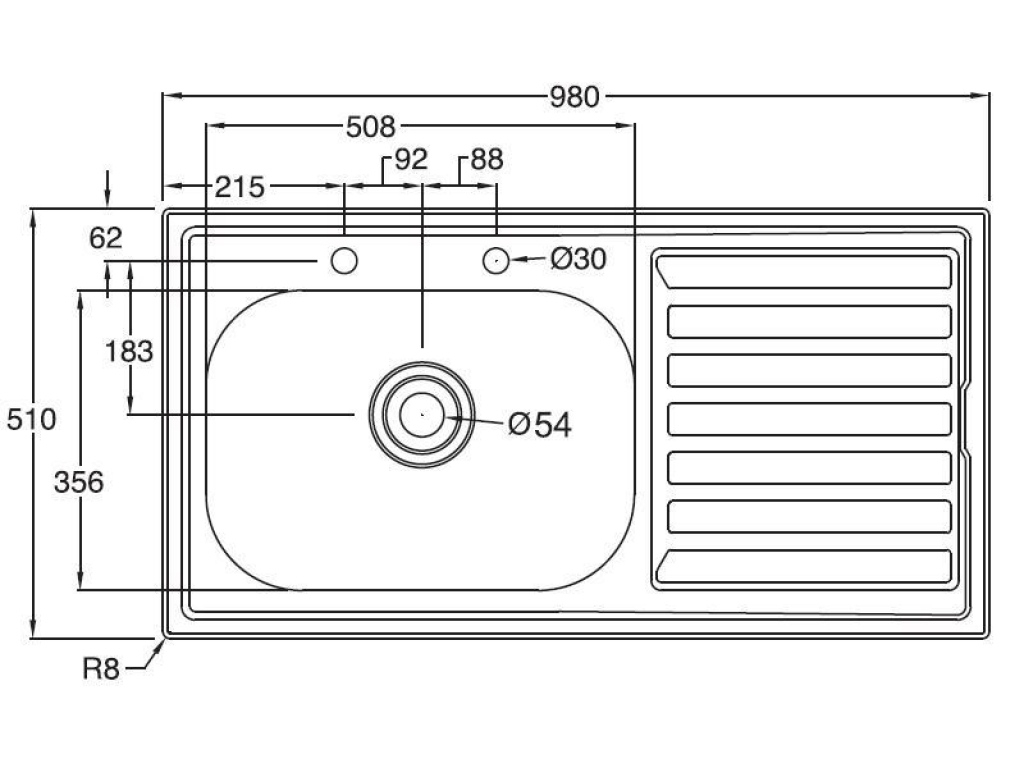
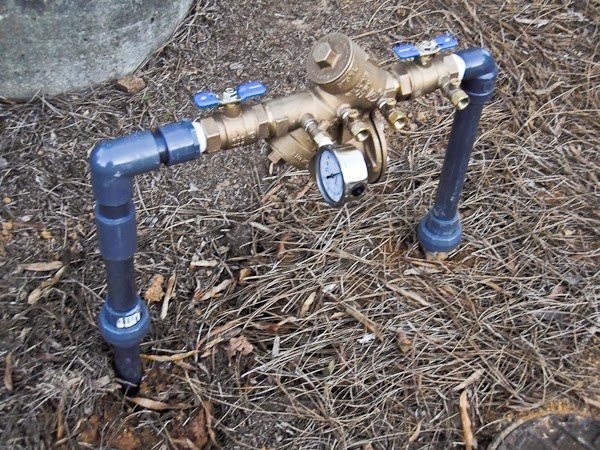
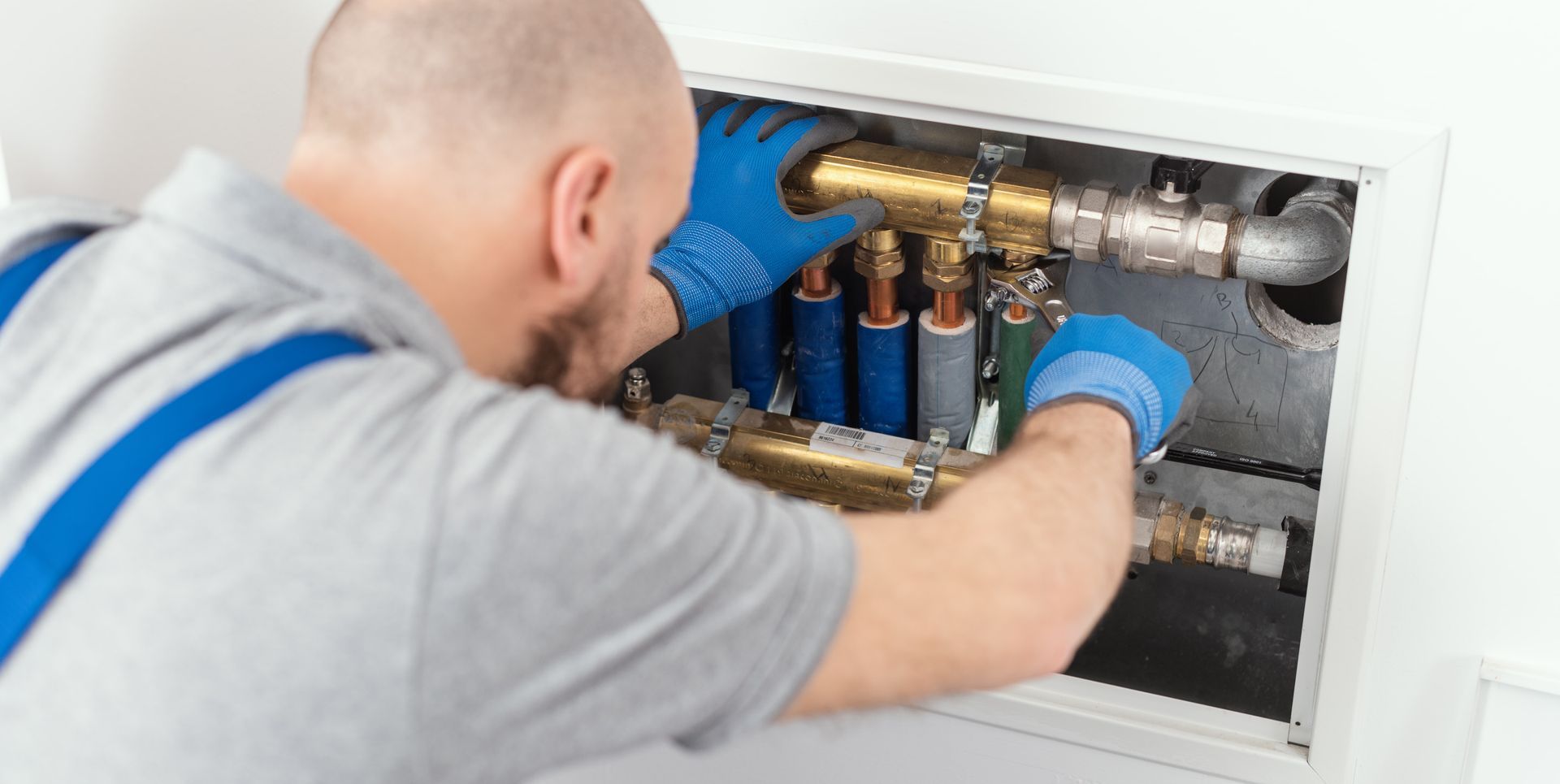



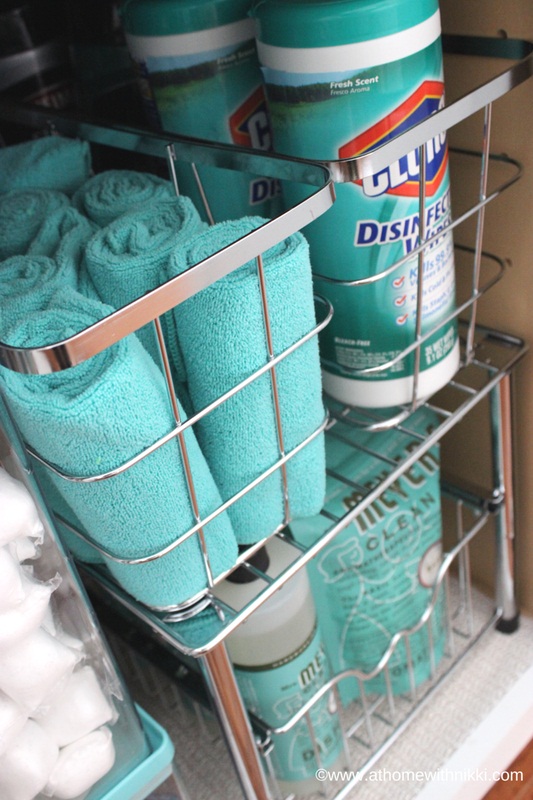







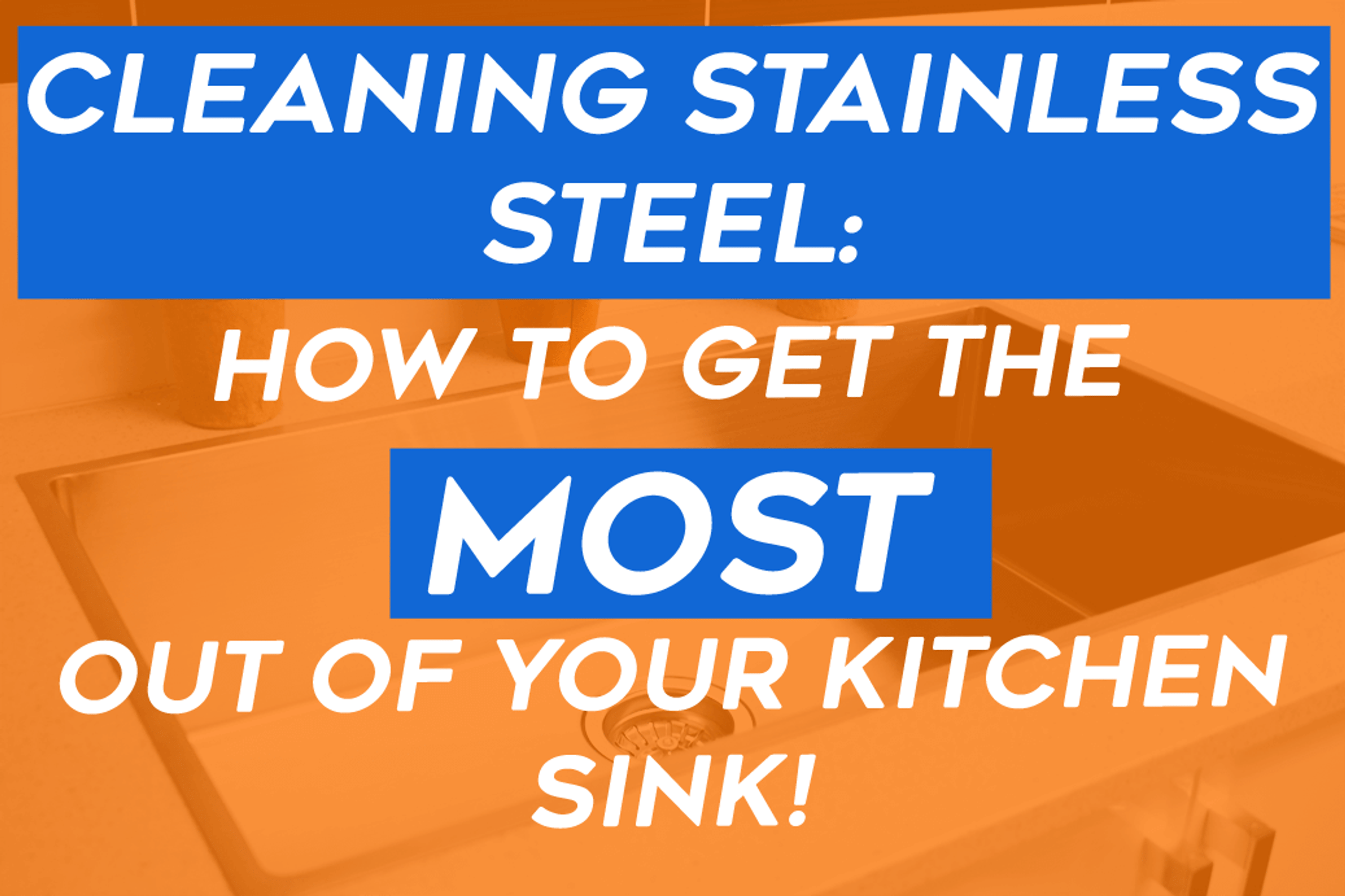





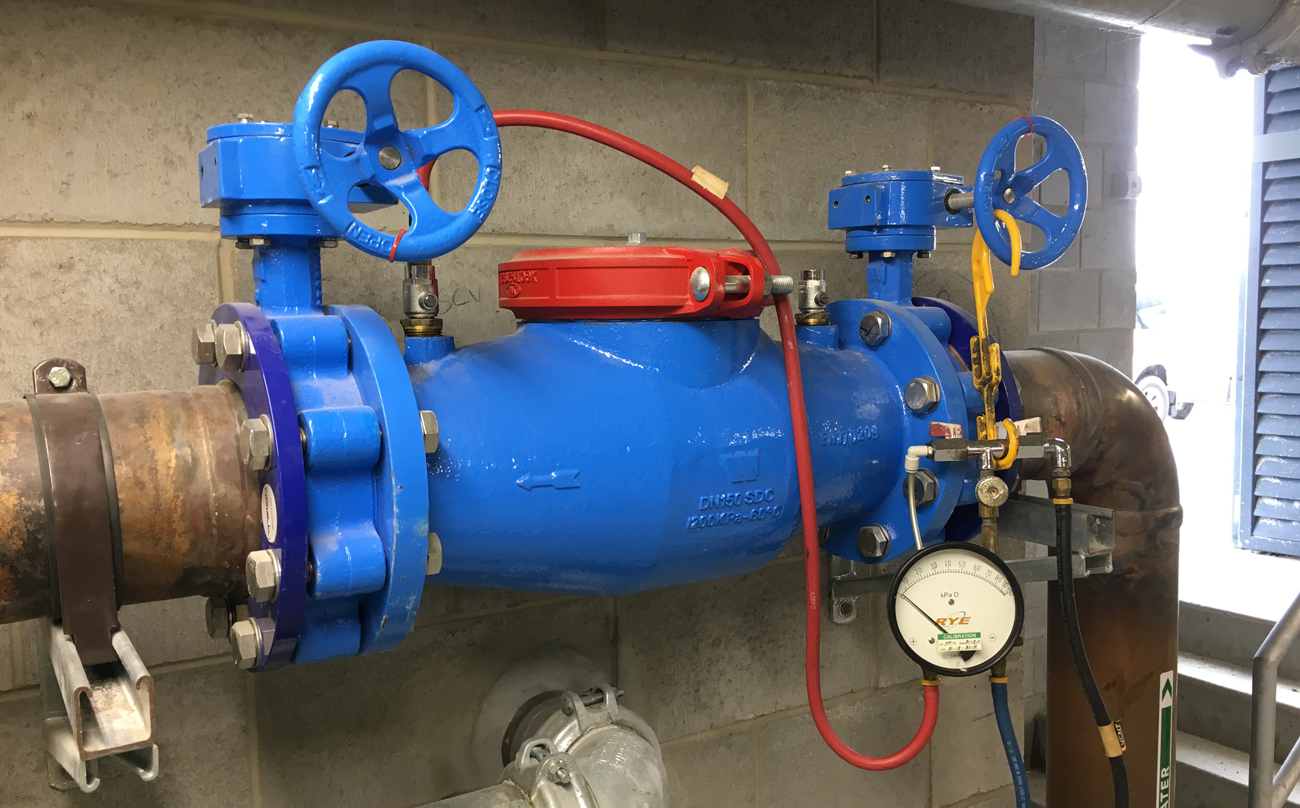
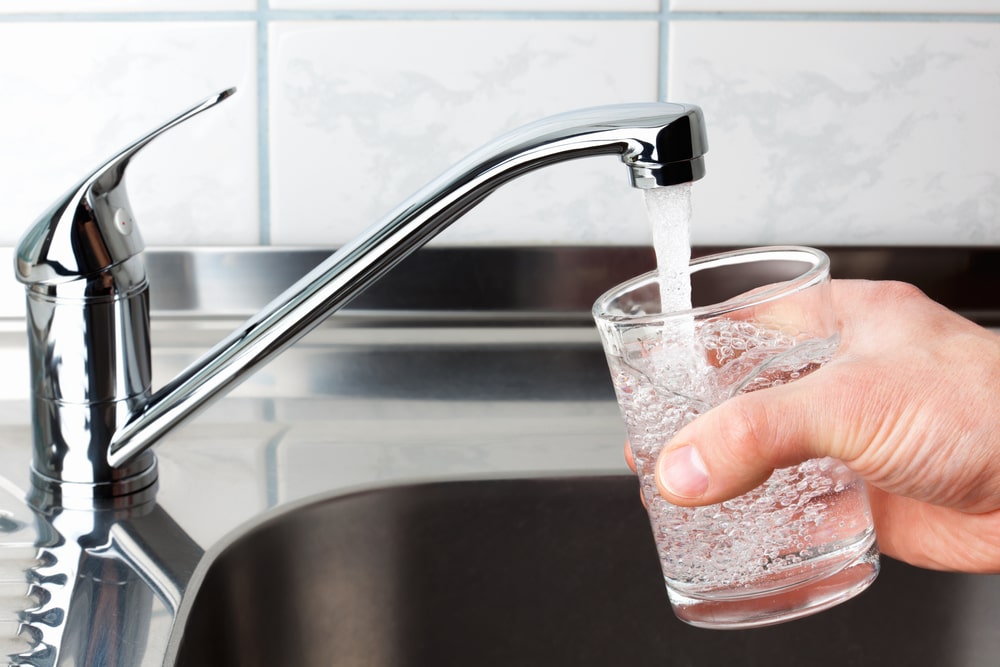
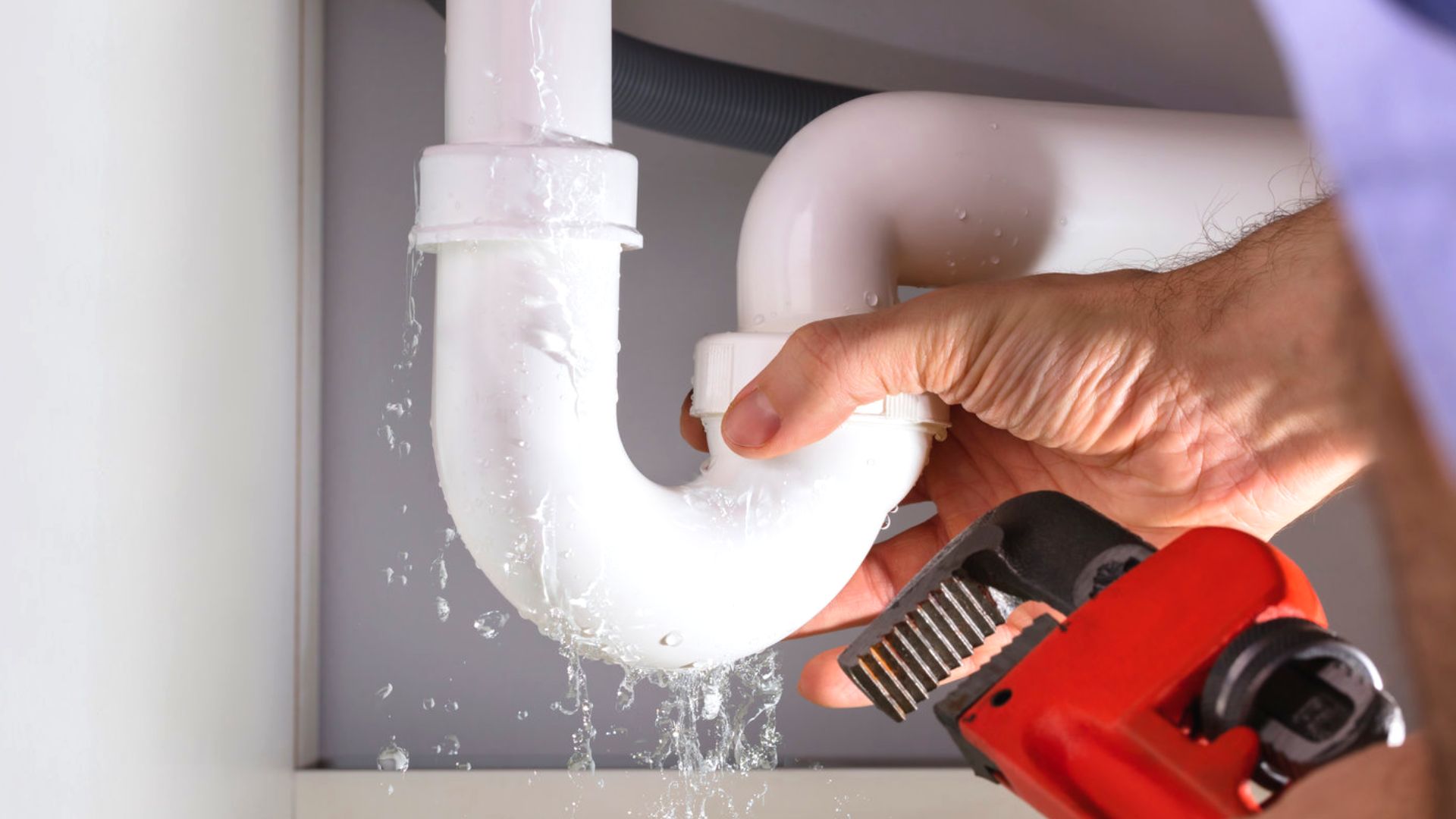

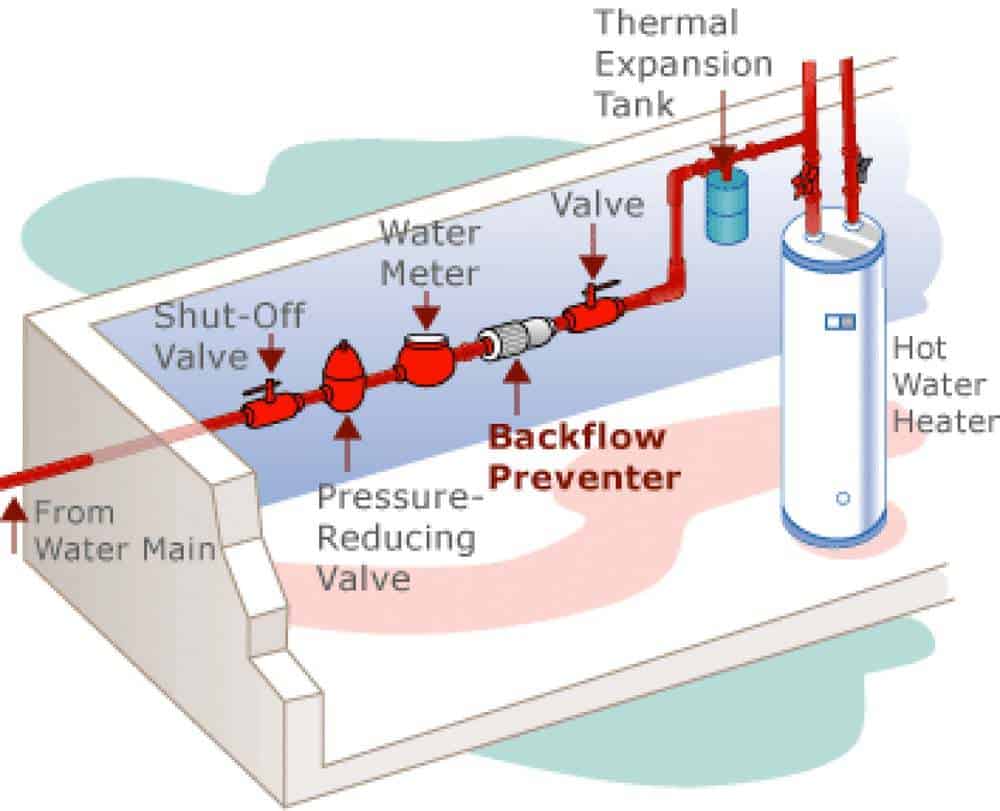












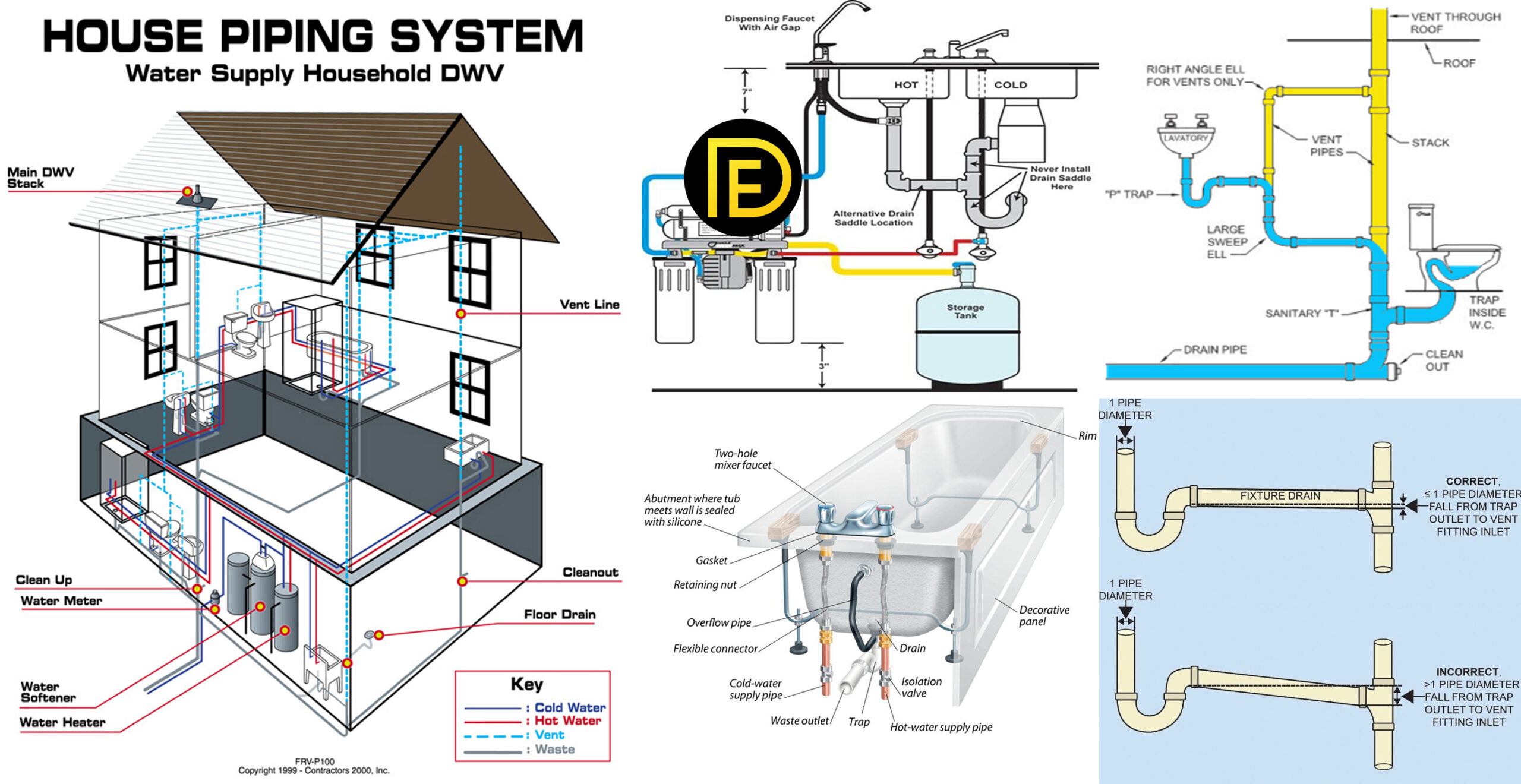
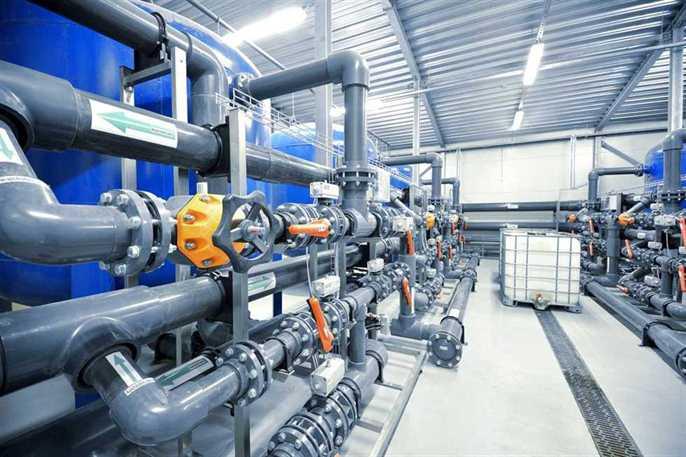
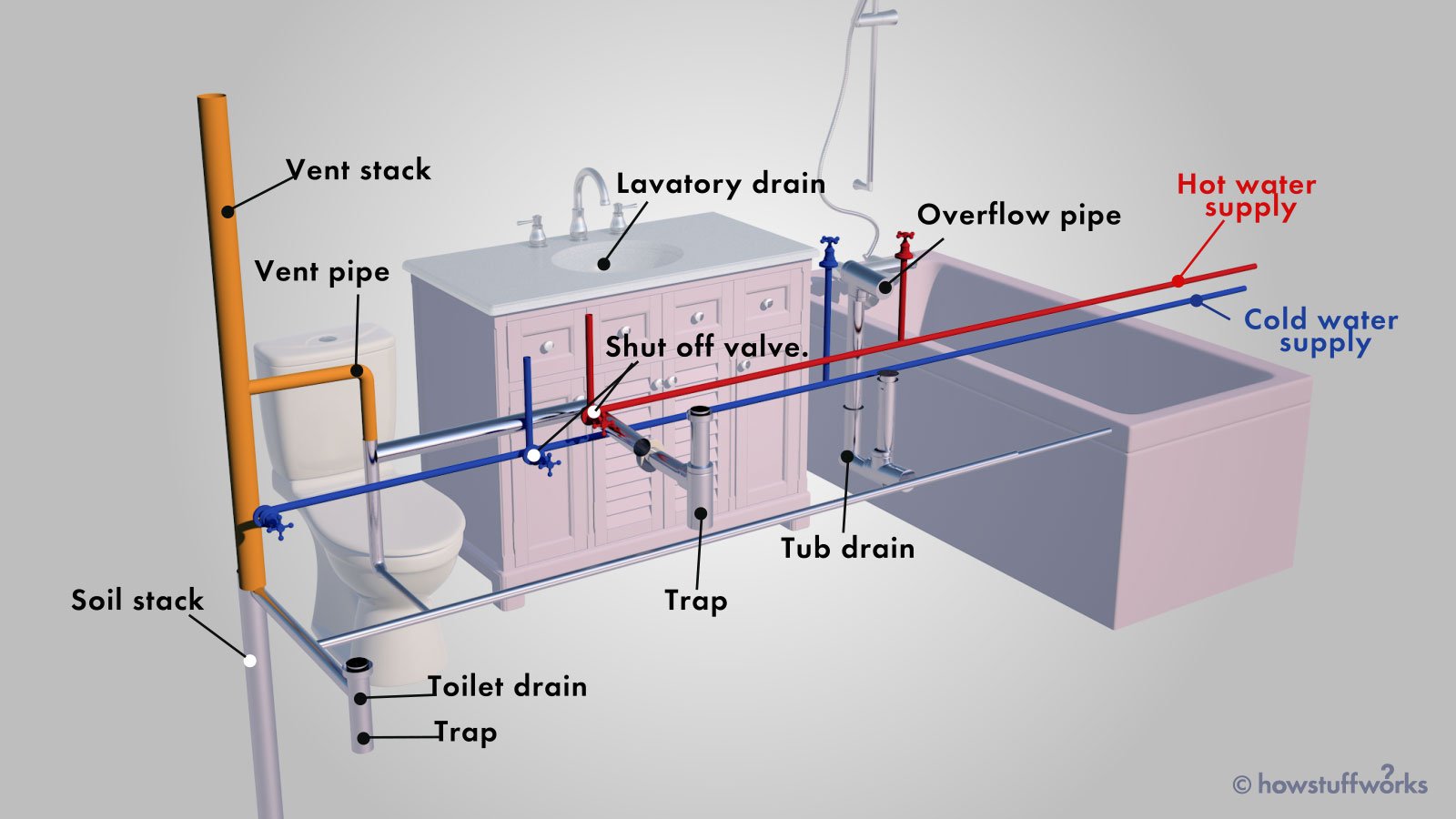

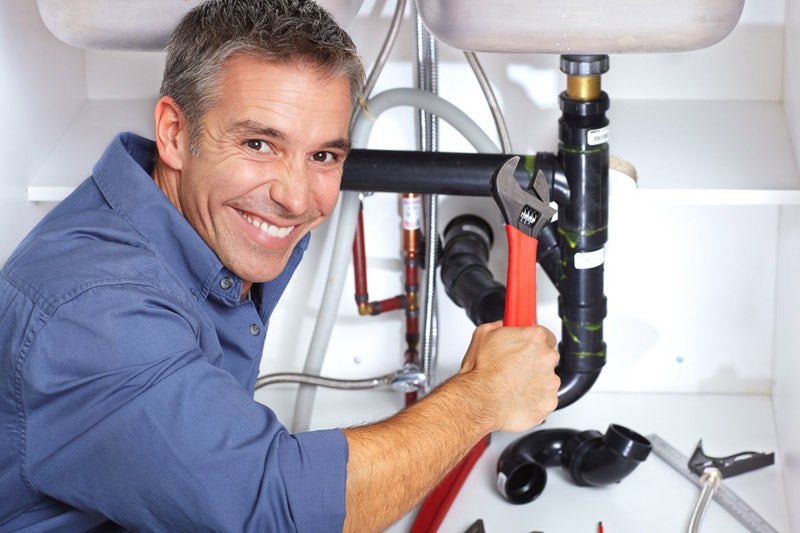
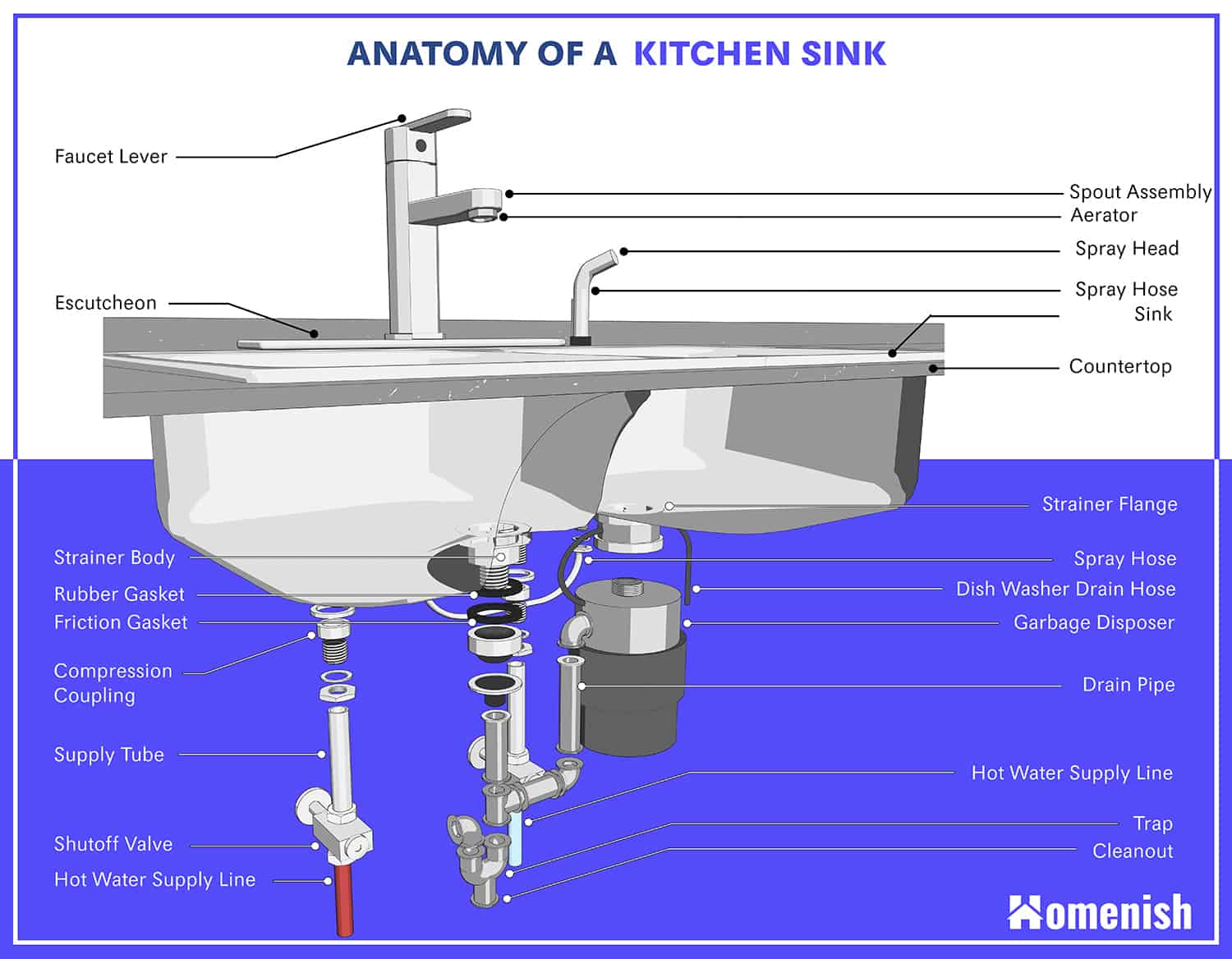





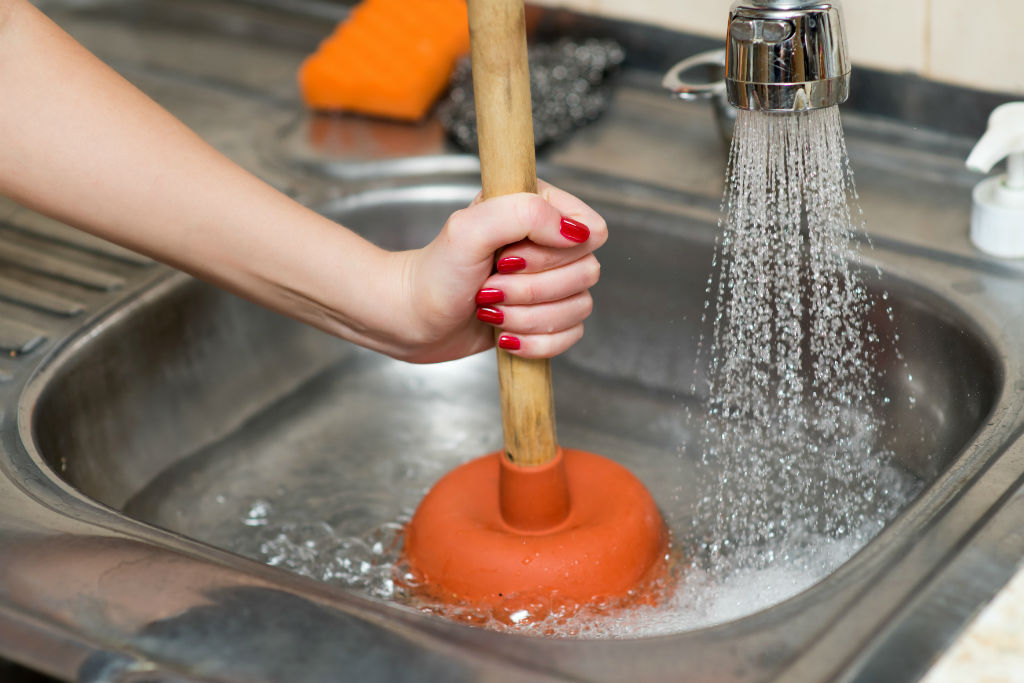

:max_bytes(150000):strip_icc()/freshen-and-unclog-drain-with-baking-soda-1900466-22-bbf940b70afa4d5abef0c54da23b1d3f.jpg)






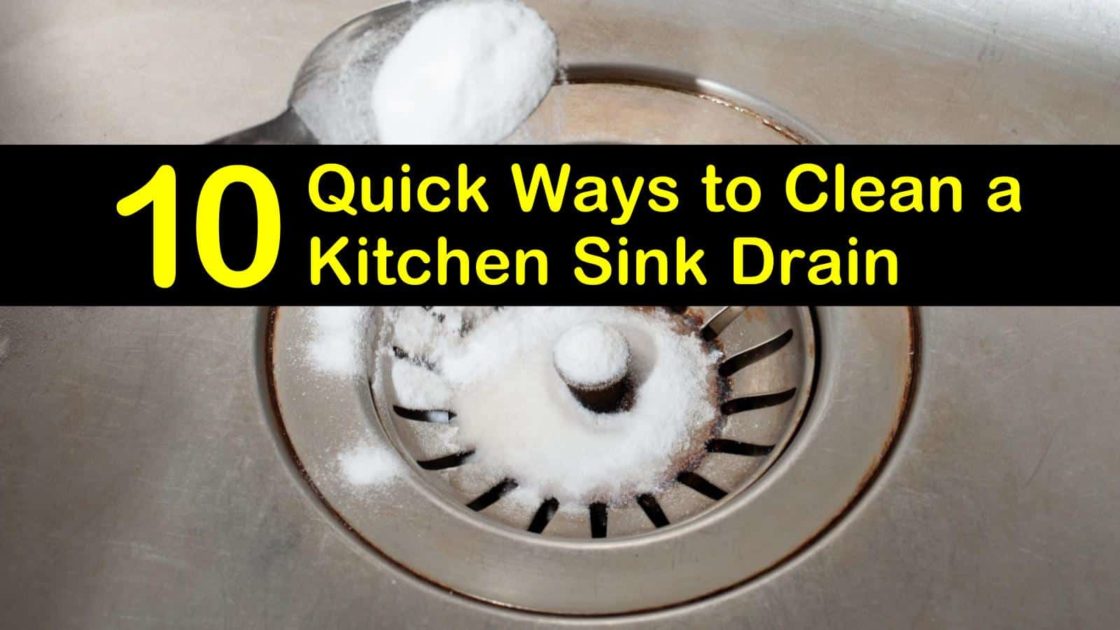

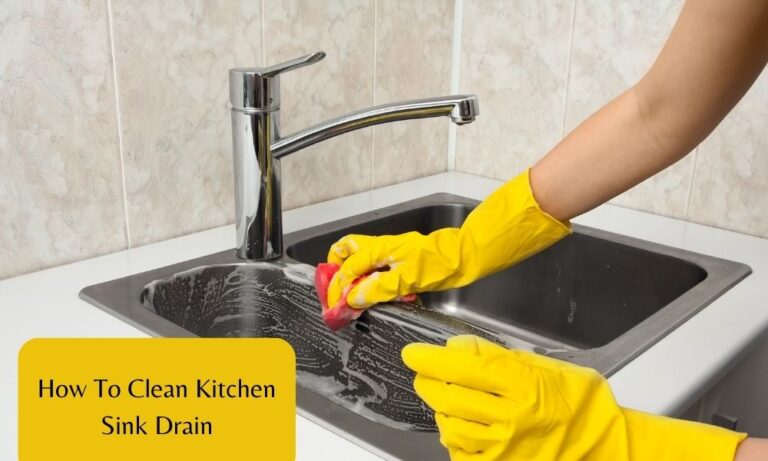


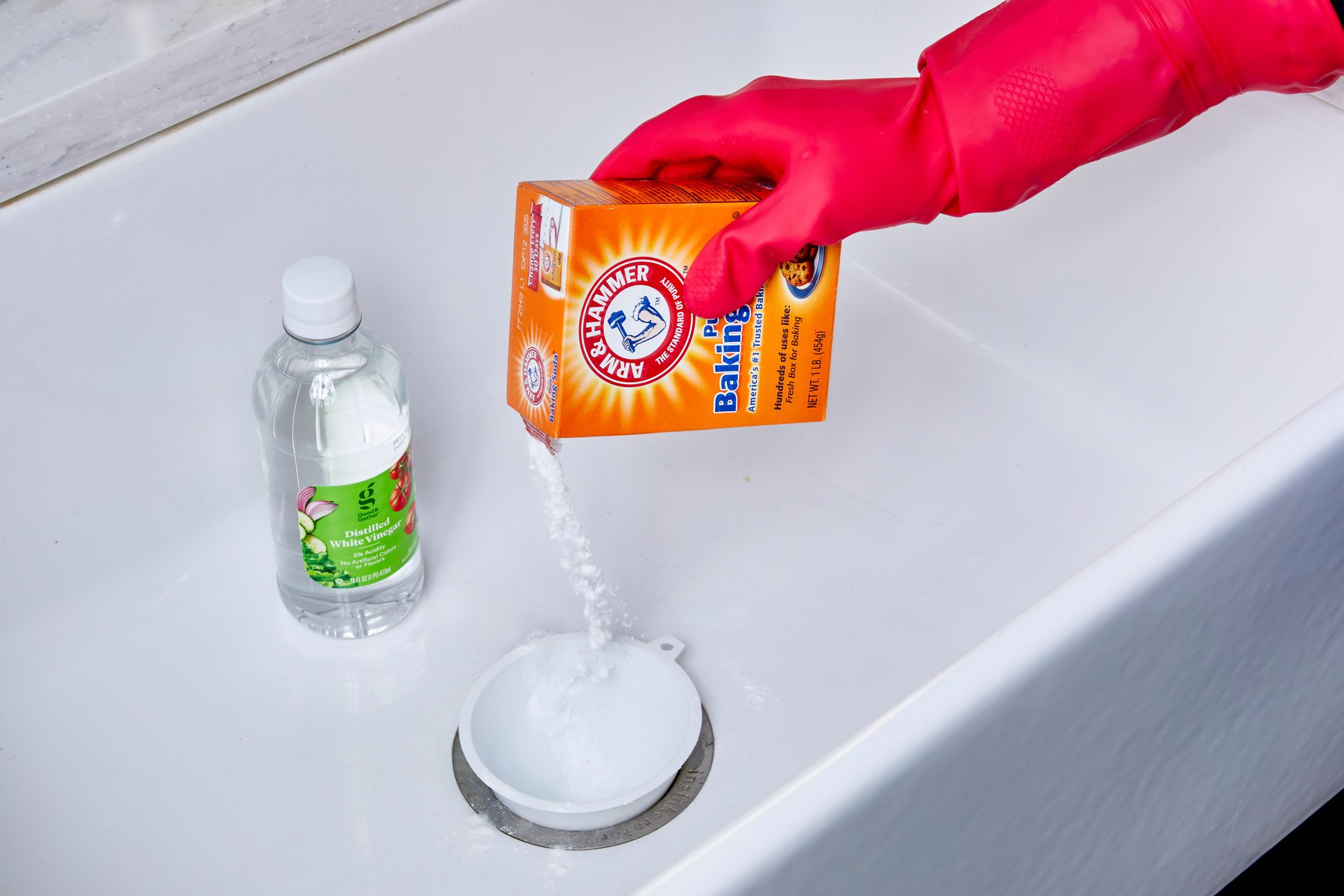



/woman-wearing-yellow-washing-up-gloves-to-unblock-sink-using-plunger-close-up-131987463-5887cfc03df78c2ccd92ec9e.jpg)
